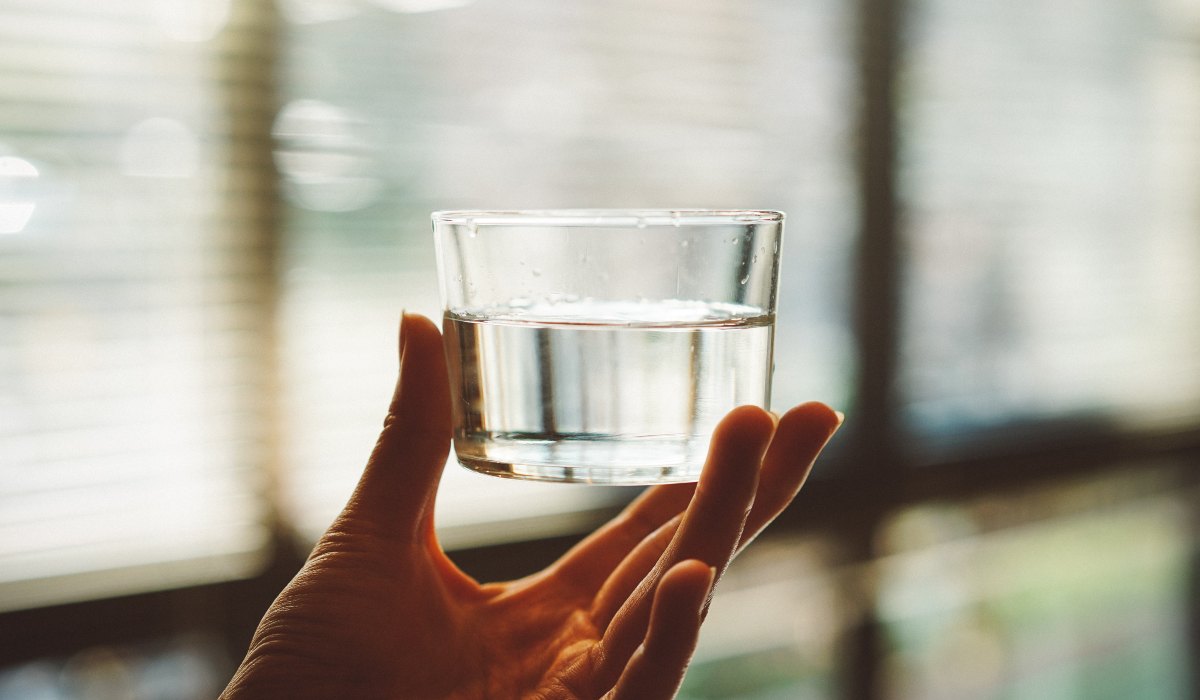The human body is an amazing machine made up of a variety of interdependent systems. One of the most fundamental elements for its proper functioning is water. Since time immemorial, the vital role that water plays in our health and well-being has been recognized. But how much water does the human body really have? And why is it so crucial to maintain optimal levels of hydration?
Everything you need to know about how much water the human body has
To understand the importance of staying hydrated, we must first understand how much water the human body has. On average, around 60% of our body weight is made up of water. This vital fluid is found in every cell, tissue, and organ, and performs a variety of essential functions in keeping us healthy.
Water balance in the body
The human body constantly loses water through respiration, perspiration, excretion and other physiological functions. Therefore, it is imperative to replenish this loss through regular fluid intake. The exact amount of water we need varies depending on a number of factors, including age, sex, level of physical activity and environmental conditions.
Maintain hydration
Proper hydration is essential to maintain fluid balance in the body and ensure optimal functioning of all systems . When we do not consume enough water, we can experience dehydration, which can manifest through symptoms such as dry mouth, fatigue, dizziness and even brain fog. In the long term, chronic dehydration can have serious health effects, increasing the risk of kidney, digestive and cardiovascular problems.

Strategies to stay hydrated
Fortunately, staying well hydrated isn’t difficult. Here are some simple strategies to ensure we’re getting the right amount of fluids:
- Drink Water Regularly: The most direct way to stay hydrated is to drink water regularly throughout the day. Setting schedules for drinking water can help remind us to maintain this habit.
- Eat Water-Rich Foods: Many foods, such as fruits and vegetables, are high in water content. Including these foods in our daily diet can significantly contribute to our overall fluid intake.
- Limit dehydrating beverages: Some beverages, such as alcohol and caffeinated drinks, can have a dehydrating effect on the body if consumed in excess . It is important to consume them in moderation and offset their effect by drinking additional water.
- Pay Attention to Your Body’s Signals: Learning to recognize the signs of dehydration is key to staying hydrated . If we experience symptoms such as thirst, dry mouth, or a decrease in urinary frequency, it’s important to take steps to increase our fluid intake.
How much water does the human body have ?: Conclusion
How much water does the human body have is a fundamental question that we should all understand in order to properly take care of our health. Maintaining optimal hydration levels is essential for the proper functioning of all body systems and for preventing a number of health problems. By prioritizing regular fluid intake and paying attention to our body’s signals, we can ensure that we stay well hydrated and enjoy a healthier, more active life.
Remember that the human body is made up of approximately 60% water. This vital liquid is found in cells, tissues and organs, playing a crucial role in essential physiological functions. Staying hydrated is essential for the balance of body fluids and optimal functioning of the body.
If the water balance within the body is disturbed, serious health problems can arise . Dehydration, the result of excessive water loss, can cause fatigue, dizziness, and even cognitive impairment. On the other hand, fluid retention, an abnormal buildup of water in the body, can lead to swelling, high blood pressure, and kidney problems. Maintaining proper water balance is essential for the optimal functioning of all body systems.

